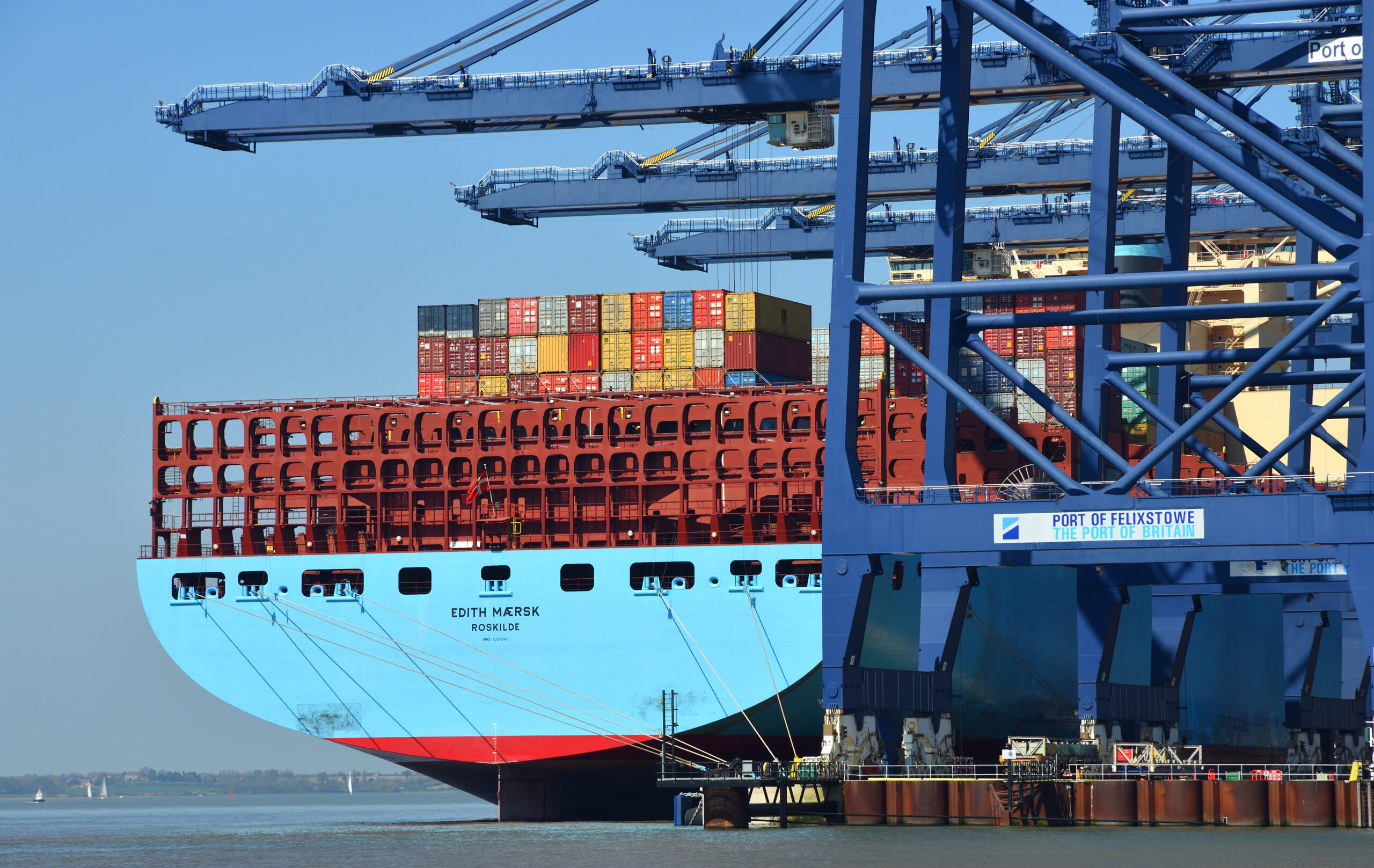DNV has awarded Approval in Principle (AiP) to Shell and Brevik Engineering’s design for a 74,000m³ LCO2 carrier, which features an onboard carbon capture and storage (OCCS) system. The design aims to facilitate the cost-effective transportation of CO2 in the Asia-Pacific market.
The vessel will transport CO2 that has been captured at industrial emissions sites in Asia, including Japan, South Korea, and Singapore, and deliver it for storage at regional sequestration clusters. Carbon capture and storage (CCS) initiatives are playing an increasingly significant role in Asia as a means of decarbonising hard-to-abate sectors, such as cement, steel, and energy production. Large-capacity LCO2 carriers are expected to play a crucial role in enabling cross-border carbon transportation.
In designing this vessel, Shell and Brevik capped dimensions at 290m in length and limited the draft to 12m to ensure access to key ports in East Asia. DNV notes that the ship mirrors the size of a 174,000m³ LNG carrier and features 15 cylindrical cargo holds that store CO2 at approximately -50°C and 6-8 Barg, which is necessary for low-pressure LCO2 shipping. According to DNV, this new design mitigates the technical risks associated with high-pressure LCO2 storage and enhances the commercial viability of large-scale CO2 transport.
Lee Teng-Haur, General Manager, Maritime Operations, Asia Pacific and Middle East at Shell, said that, in awarding the AiP, DNV was ‘confirming the feasibility of low pressure shipping with a design that is tender-ready. We are excited to see how innovations like this can potentially enhance safety, achieve scalability and flexibility to drive cost competitiveness in the implementation of large-scale cross-border CCS’.
The approved vessel also incorporates an OCCS system that captures greenhouse gas (GHG) emissions from the main engine exhaust. As part of the AiP process, DNV reviewed over 50 technical documents to ensure compliance protocols were met. The classification society states that it has placed a strong emphasis on tank integrity, material suitability, and meeting stringent safety regulations.
Mathias Sørhaug, Business Development Director for CO2 Shipping at DNV, commented: ‘This AiP underscores the importance of joint innovation and collaboration in advancing solutions that support the development of the wider CCS value chain. Scale is essential to drive down the cost of CCS and this work demonstrates the feasibility of large CO2 carriers with a low carbon footprint.’
Evert Grødal, Managing Director of Brevik Engineering, said: ‘Our extensive expertise in marine design and CO₂ logistics has been instrumental in developing this novel carrier. Through our comprehensive technology study in collaboration with Shell, we are setting new benchmarks for safe, efficient, and sustainable CO₂ shipping while minimizing technological risks and adhering to current regulations.’



